
The U.S. Coast Guard coordinated the rescue of 27 mariners on Saturday after their Venezuelan-flagged fishing vessel caught fire approximately 500 miles north-northwest of the Galapagos Islands, Ecuador.At 3:51 p.m. PST, Saturday, Rescue Coordination Center Alameda received a notification from the Garmin Search and Rescue Command Center of an SOS distress alert from the 240-foot fishing vessel

A newly built very large gas carrier (VLGC) was named Lucent Pathfinder at a ceremony held at Kawasaki Heavy Industries’ Sakaide Works, marking the seventh dual-fuel LPG carrier using LPG ordered by NYK.The vessel, which will be chartered by United Arab Emirates-based LPG trader BGN INT DMCC

One of Australia's biggest coal export ports will resume operations on Monday, the port operator said, after climate-change protesters disrupted shipping at the Port of Newcastle for a second day on Sunday.Climate activist group Rising Tide, which claimed responsibility for the latest protest, said hundreds of activists paddled kayaks into the shipping lane of Newcastle Harbour on Sunday morning

The Philippines and Canada signed a pact on Sunday for their armed forces to train on each other's soil, boosting defense cooperation to tackle common security concerns in the Indo-Pacific region.Canada's first such deal in the region, the Status of Visiting Forces Agreement (SOVFA) takes to five the number of accords on troops Manila has concluded with allies

The U.S. military killed five alleged drug smugglers in strikes against two vessels in the eastern Pacific Ocean, U.S. Defense Secretary Pete Hegseth said on Wednesday, in an expansion of the Trump administration's use of the armed forces in its counter-narcotics campaign.On Wednesday afternoon, Hegseth said the military attacked a vessel in the eastern Pacific Ocean and killed two men on Tuesday.
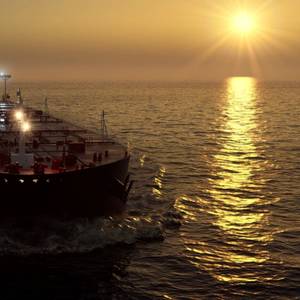
Britain targeted Russia's two largest oil companies, Lukoil and Rosneft, and 44 shadow fleet tankers on Wednesday in what it described as a new bid to tighten energy sanctions and choke off Kremlin revenues.Lukoil and Rosneft were designated under Britain's Russia sanctions laws for what London described as their role in supporting the Russian government.
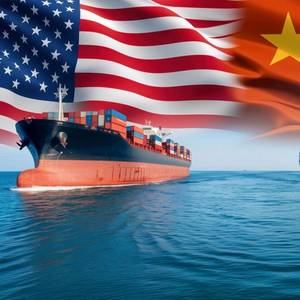
Vessels owned or operated by U.S. firms and individuals - or those built in the United States or that fly the U.S. flag - will be charged additional port fees per voyage starting on October 14, China's transport ministry said.The fees are a counter-measure against upcoming U.S. port fees on Chinese ships, the ministry said on Friday.

South Korean defense, shipbuilding and energy solutions provider Hanwha Group has appointed Alex Wong as Global Chief Strategy Officer (CSO) to lead the company's strategic initiatives in international markets.In this newly created role based in Washington, D.C., Wong will spearhead Hanwha's efforts to deepen partnerships, build defense capabilities
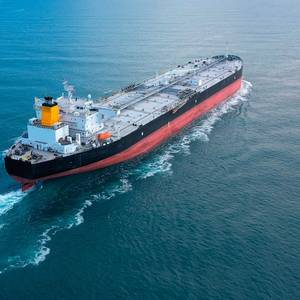
Yemen's Houthis said on Monday they launched a missile towards the Israeli-owned tanker Scarlet Ray near Saudi Arabia's Red Sea port city of Yanbu in a rare attack off the Saudi coast.The Liberia-flagged vessel's Singapore-based manager, Eastern Pacific Shipping, owned by Israeli magnate Idan Ofer, said the chemical tanker was undamaged and under the command of its captain.
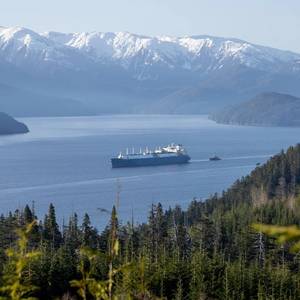
The Shell-led LNG Canada facility has produced its first LNG for export in Kitimat, British Columbia, a spokesperson for the project confirmed on Sunday.The milestone comes in advance of the facility loading its first LNG export cargo, which LNG Canada said it remains on track to do by the middle of this year.
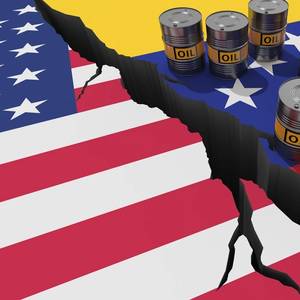
Traders have rebranded more than $1 billion of Venezuelan oil shipments to China as Brazilian crude over the past year, according to two tanker tracking firms, company documents and four traders, helping buyers to cut logistics costs and circumvent U.S. sanctions.Independent refiners in China are the main buyers of seaborne oil shipments from countries sanctioned by the United States
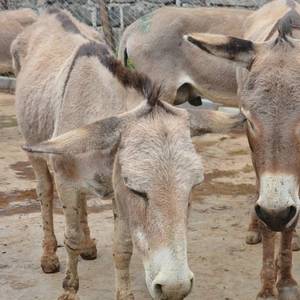
On World Donkey Day (May 8), international animal welfare charity, The Donkey Sanctuary, acknowledges Swire Shipping as the first global shipping line to commit publicly to a ‘No Donkey Skins Carriage policy’.In February last year, African Heads of State and Governments endorsed a continent-wide moratorium on the slaughter of donkeys for their skins at the 37th African Union Summit.